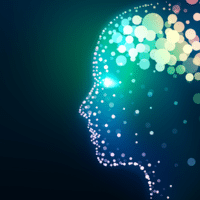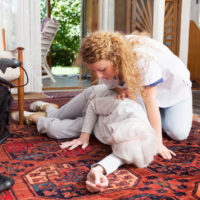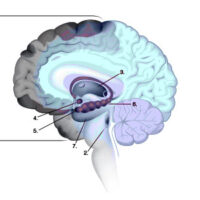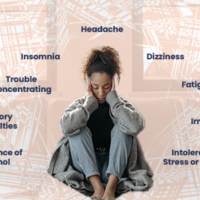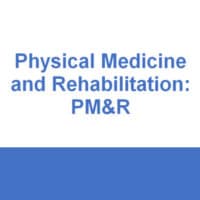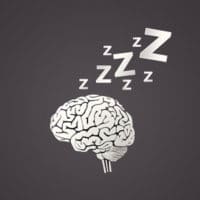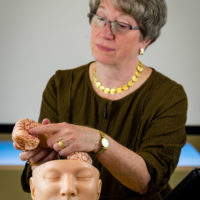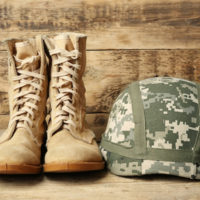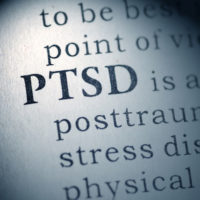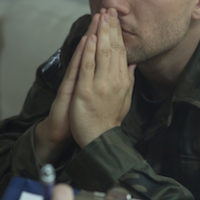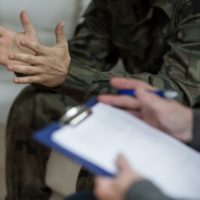Archive
Text
Coma and Other Disorders of Consciousness
What happens to the brain after a severe brain injury that renders a person unconscious or “comatose”? Learn the meaning of other terms that describe patients who have disorders of consciousness: the minimally conscious state, cognitive-motor dissociation, covert consciousness, and unresponsive wakefulness syndrome (vegetative state). Researchers are studying advanced technologies evaluating patients with disorders of consciousness, and there are new U.S. and European guidelines that are helping to standardize care and advance the field of brain injury.
Falls and Brain Injury in Older Adults
Traumatic brain injuries are very common in older adults who fall. They can result in hospitalization, death, or disability especially in this age group and those on certain medications. In this post, an elderly woman has a delayed hematoma from an injury that could have been deadly. Falls can be prevented and Dr. Sandel shares important information about risk factors and tips for prevention.
Repetitive Brain Trauma and Chronic Traumatic Encephalopathy (CTE)
There’s a link between chronic traumatic encephalopathy (CTE) and repetitive brain injuries that occur in boxing and American football. This is a progressive neurodegenerative disorder that can lead to severely-disabling neurologic and psychiatric disorders. Learn about the science, diagnostic criteria for traumatic encephalopathy syndrome (TES), and possible treatment approaches.
What is Post-Concussion Syndrome?
I recently talked with journalist Nathaniel Parish Flannery who writes about cycling. He was writing an article about pro cyclist Ian Boswell. Boswell had a crash in 2019 that resulted in long-term concussion symptoms. Flannery found our conversation and my book, Shaken Brain, very helpful, and he tells Boswell’s story in…
The Medical Specialty of Physical Medicine and Rehabilitation
A physiatrist (physical medicine and rehabilitation physician) treats disorders of the muscles, bones, and nervous system, and may practice in inpatient or outpatient settings. Physiatrists usually provide care with other rehabilitation providers such as physical, occupational, and speech therapists, and may work in teams for patients with catastrophic injuries or complex disorders, especially in rehabilitation hospitals.
Rest Assured: Quality Sleep Supports Recovery From Brain Injury
Sleep disturbances are common after brain injury and require comprehensive evaluation and management. Other sleep disorders such as difficulty falling asleep, staying asleep, and excessive daytime sleepiness are common. Some patients with brain injuries develop sleep apnea, and screening for this disorder is important because of the risk of hypoxia and strokes that lead to additional brain injury.
Brain Injury Medicine: My Journey
Brain injury medicine requires additional training for neurologists, physiatrists, and psychiatrists to become board certified. The field is growing but a shortage of physicians with this specialized training is a challenge for patients to find expert care.
TBI in Active Military and Veterans
Military blast injuries can impact the brain, the lungs, the heart, and other organs in the body. Early diagnosis is very important. Dr. Sandel discusses brain injuries in the military with physiatrist Dr. Hetal Lakhani and her patient, Richard Reeves.
Veterans Can Face Both a Brain Injury and PTSD
Post-traumatic stress disorder can co-occur with a brain injury in military and civilian populations. Screening tests for PTSD should be used for any patient with a brain injury or suspected concussion. Symptoms for these two conditions can overlap, but all symptoms require management regardless of cause.
Cognitive Deficits In Veterans After Brain Injury
Cognitive deficits experienced by military personnel and others can be successfully treated with cognitive therapies.
The Emotional Consequences of Brain Injuries in Military Personnel
Military servicemen and servicewomen need early neurologic and psychiatric evaluations and comprehensive treatment after a traumatic brain injury.
Keep up to date
Get updates on the latest in concussion, brain health, and science-related tools from Dr. Elizabeth Sandel, M.D.
By clicking SIGN UP, you agree to receive emails from Dr. Sandel and agree to our terms of use and privacy policy.
